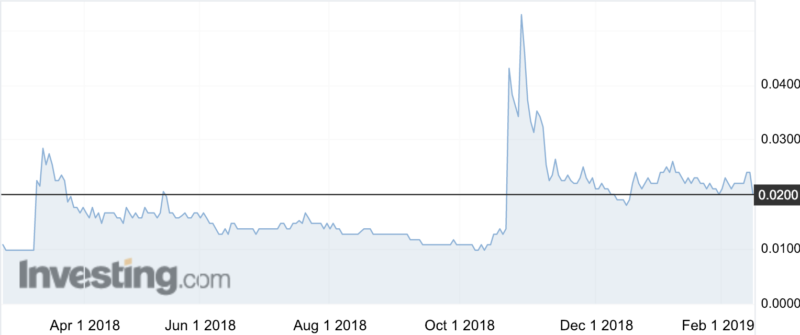Dr Irmgard Irminger-Finger’s team is now into cancer vaccines – and one shows good signs in mice
Health & Biotech
Health & Biotech
BARD1 is best known for creating diagnostic tests for the early detection of cancer — back in October last year it jumped 475 per cent in the space of 24 hours when it added breast cancer to its testing lineup.
But the company is also developing a cancer vaccine for the direct treatment of various cancers, and it has just posted some research results showing both positive and negative signs.
Mice with malignant mesothelioma — spreadable cancer affecting the mesothelial cells which cover most internal organs — were treated with a vaccine formulation containing five different BARD1 peptides at a dose of 100 or 200 micrograms.
The research study, conducted in conjunction with the Institute for Respiratory Health (IRH), found delayed tumour growth, prolonged survival and induced immune response.
The company’s shares fell 17 per cent however, to an intraday low of 2c.

That was due to news that the same vaccine had no effect on mice with lung, colon or breast cancer.
“These findings suggest that the 5-peptide BARD1 vaccine formulation and dose selected in this study is unlikely to be optimal and therefore further studies are required to optimise the therapeutic effects of BARD1 vaccines on tumour growth in different tumour types,” the company told investors.
Dr Irmgard Irminger-Finger, BARD1 chief scientific officer, said it was back to the drawing board.
“It is feasible that with alternative vaccination strategies using DNA or BARD1 proteins, improved formulations and optimal dosing, that a BARD1 vaccine has the potential to be an effective cancer vaccine,” he said.